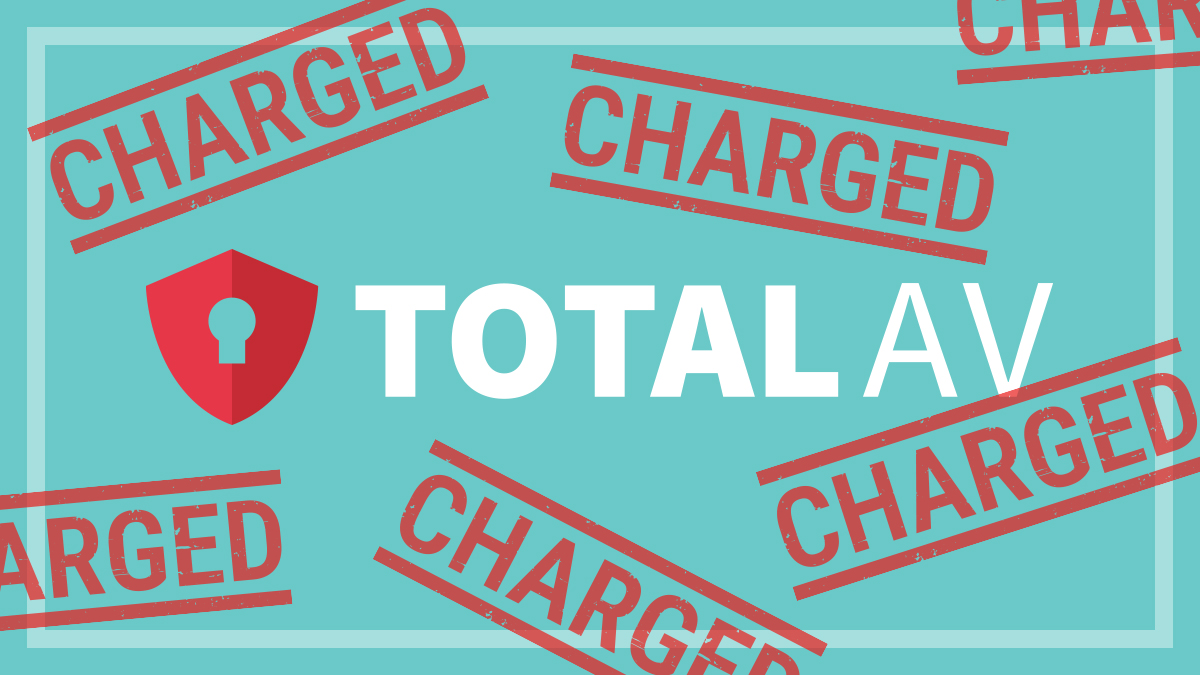Get our independent lab tests, expert reviews and honest advice.
Coalition of consumer groups calls for the next Parliament to regulate BNPL

More than 100 consumer and community organisations are calling on politicians from all parties to commit to regulating the buy now, pay later (BNPL) and wage advance industries in the next Australian Parliament.
Initiated by Financial Counselling Australia, Anglicare Australia, Financial Rights Legal Centre, Consumer Action Law Centre and CHOICE, the open letter to politicians calls for action on the credit services, which the groups say are increasingly causing financial harm.
How BNPL has escaped regulation
BNPL and wage advance products are credit products that are exempt from regulation, exploiting a loophole in our credit laws to bypass basic consumer protections – such as assessing someone’s ability to repay, or having hardship processes in place.
The BNPL industry is dominated by market leaders Afterpay and Zip, but there are dozens of companies operating in this space.
One in five people with BNPL debts have cut back on essentials to make their repayments
The loopholes are allowing some BNPL providers to offer loans of up to $30,000 without doing basic checks on whether people can afford to repay. Research from ASIC shows that one in five people with BNPL debts have cut back on essentials to make their repayments.
Last year CHOICE handed BNPL provider Humm a Shonky Award for selling customers into unaffordable debt without properly assessing their ability to repay it.
Voluntary code of conduct ‘weak’
The BNPL sector does have a voluntary code of conduct which most of the major companies have signed on to. However, consumer advocates say the protections for consumers in the voluntary code of conduct are weak.
“Together our organisations support hundreds of thousands of people in financial hardship,” says Fiona Guthrie, CEO of Financial Counselling Australia.
We see first-hand the harm of unregulated BNPL and wage advance
in our community Fiona Guthrie, Financial Counselling Australia
“We see first-hand the harm of unregulated BNPL and wage advance
in our community. Our next Parliament must act to properly regulate these products to make them safer.“We know these products cause harm. BNPL is credit and should be regulated like other credit products.”
Next government must act
Kasy Chambers, executive director of Anglicare Australia, says the rules and regulation hasn’t kept up with the industry.
“As more people struggle with the cost of living, too many are turning to these products to get by,” she says.
“Unregulated lenders are taking advantage of the gap (in legislation). We’re calling on whoever wins this election to bring in new protections that stop people from being stuck with debts they can’t afford.”
We’re calling on whoever wins this election to bring in new protections that stop people from being stuck with debts they can’t afford
Kasy Chambers, executive director of Anglicare Australia
The Australian Labor Party has made some limited commitments to look at BNPL regulation and consumer safeguards for the sector.
In April, shadow financial services spokesperson Stephen Jones told the Herald Sun the party would look at adding some regulatory “teeth” to the industry’s voluntary code of conduct.
He added the party would “let it run for a period of time” and “probably end up codifying the code”.
Time to close the loophole
Patrick Veyret, senior policy and campaigns adviser at CHOICE, says he welcomes parliamentarians acknowledging the need for stronger consumer protections in this space.
“Industry codes of conduct are an inadequate substitute for strong legal protections. The Australian community needs unregulated credit products to be subject to safe lending laws, not a code of conduct that has been written by industry for industry,” he says.
“We urge all parliamentarians in the next Parliament to urgently regulate these products. It is time to close the loophole.”
People in financial stress and who may be struggling with BNPL and wage advance debts can contact the National Debt Helpline for free and independent financial counselling or advice on 1800 007 007.




